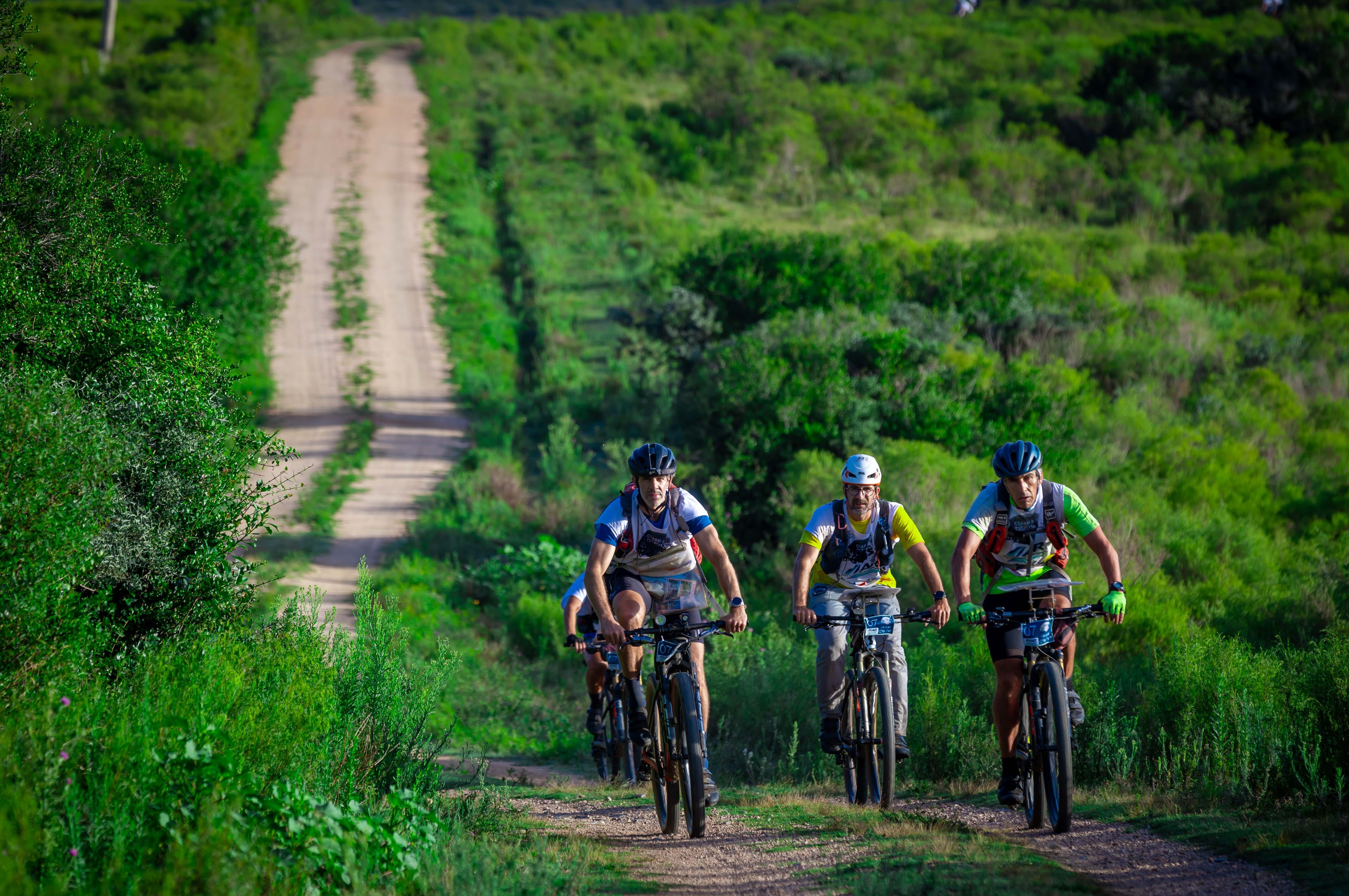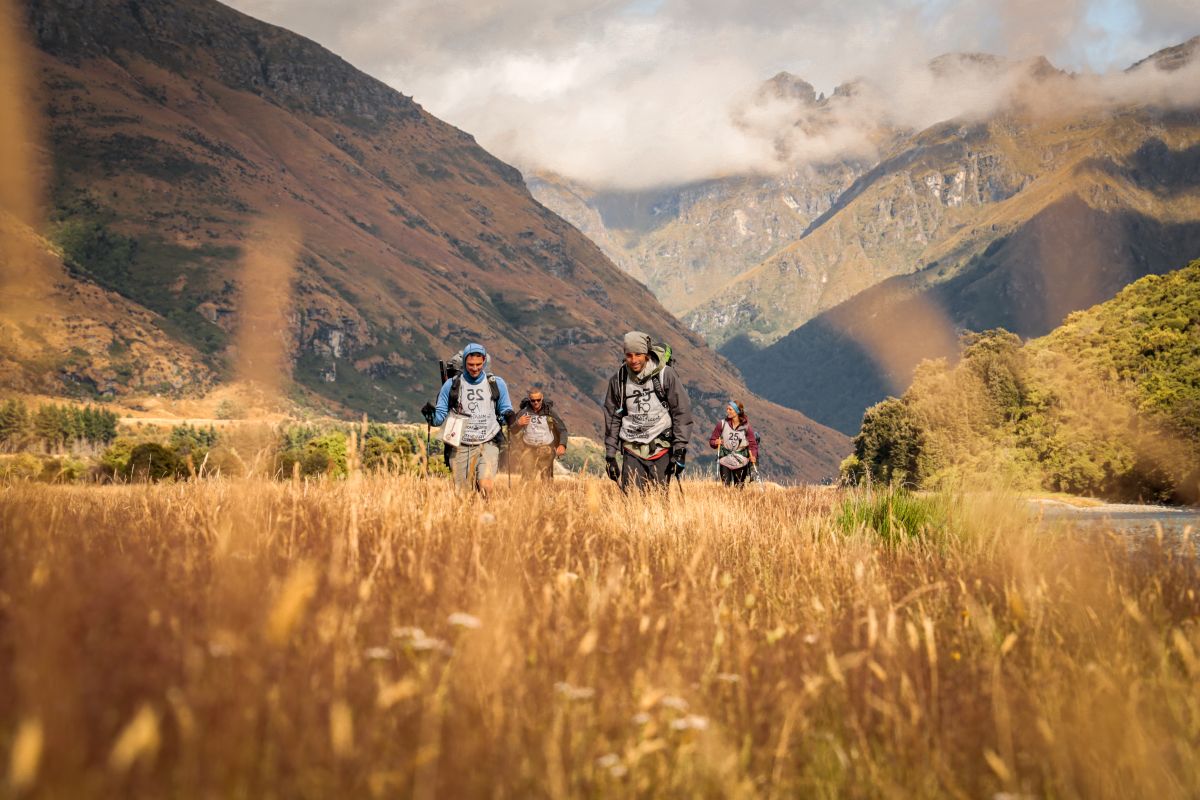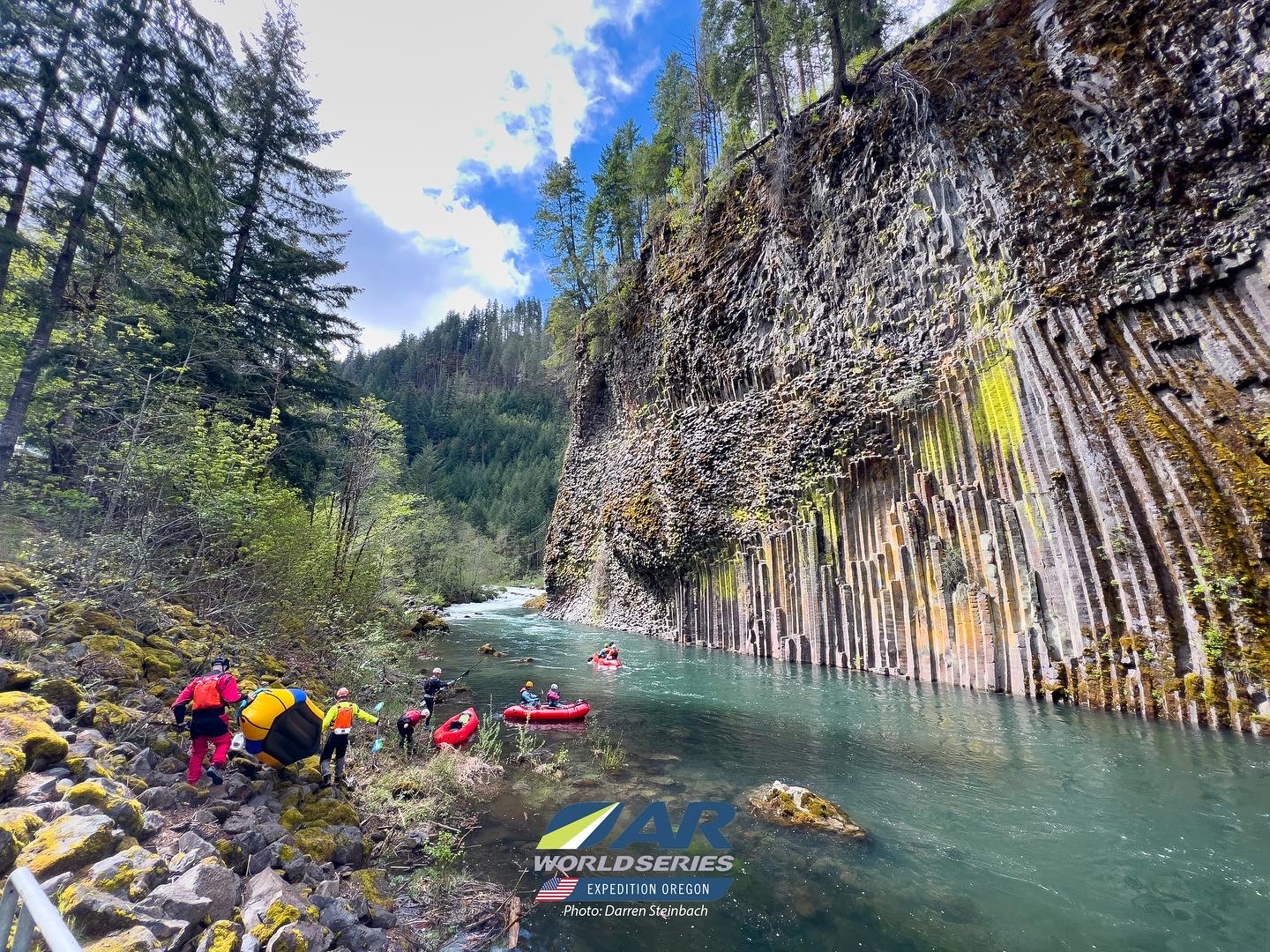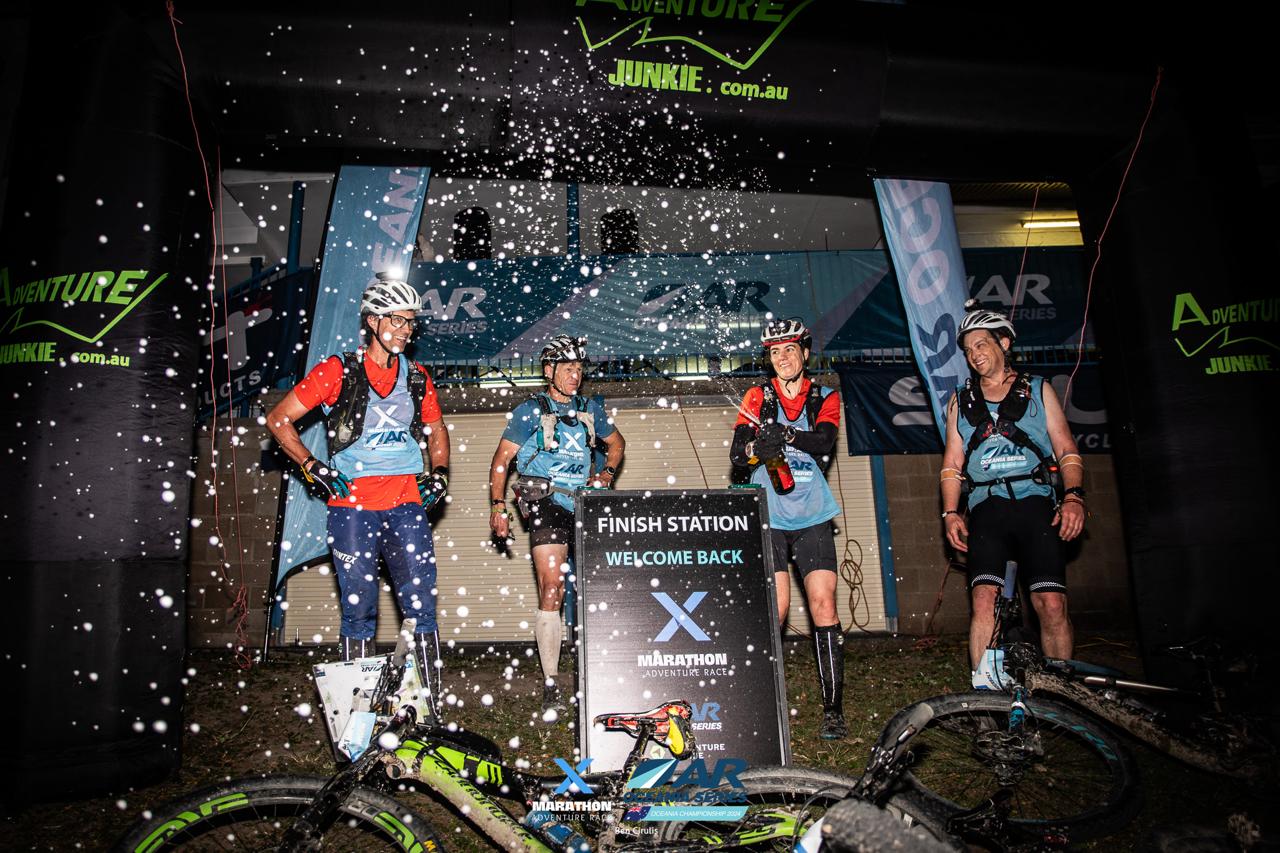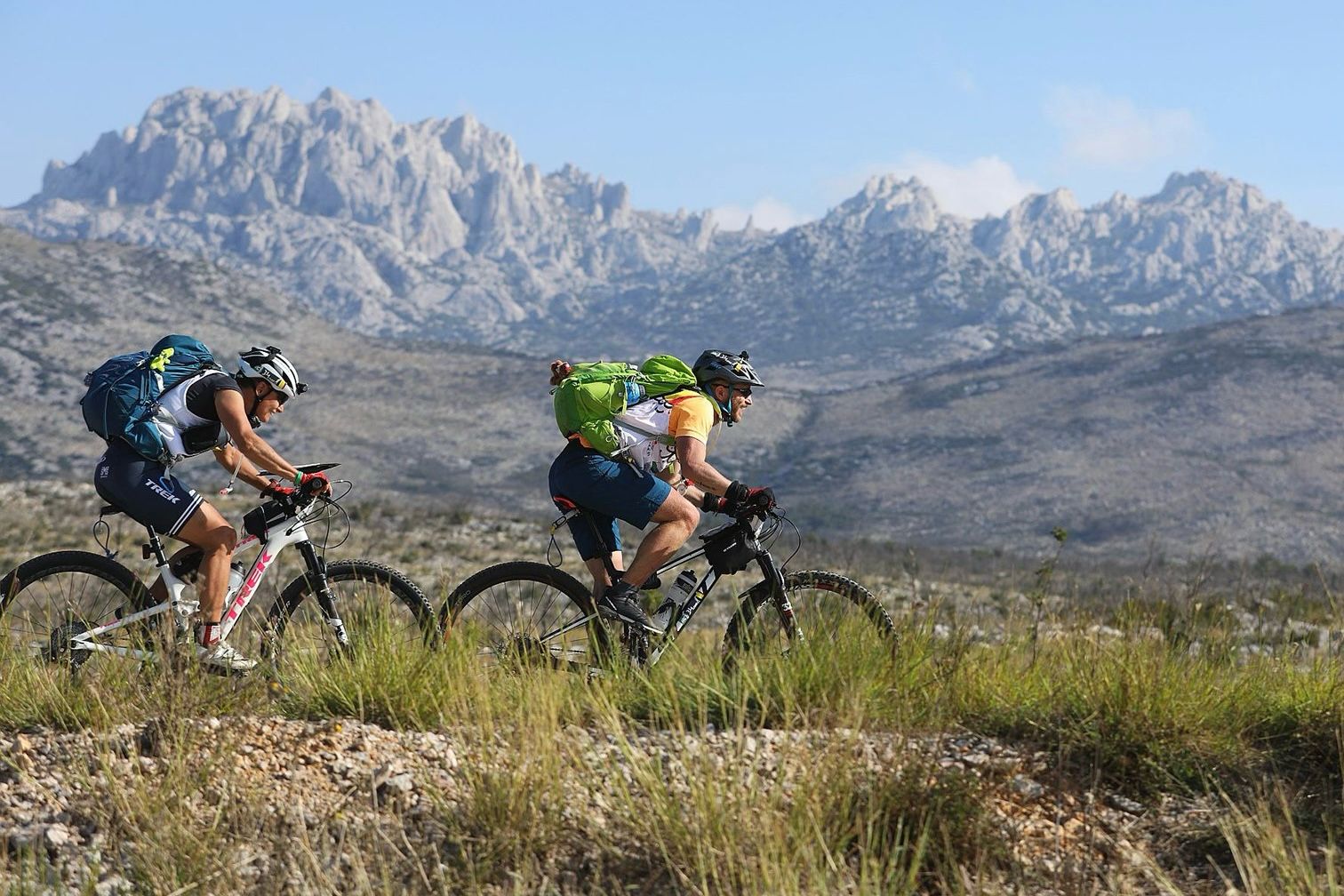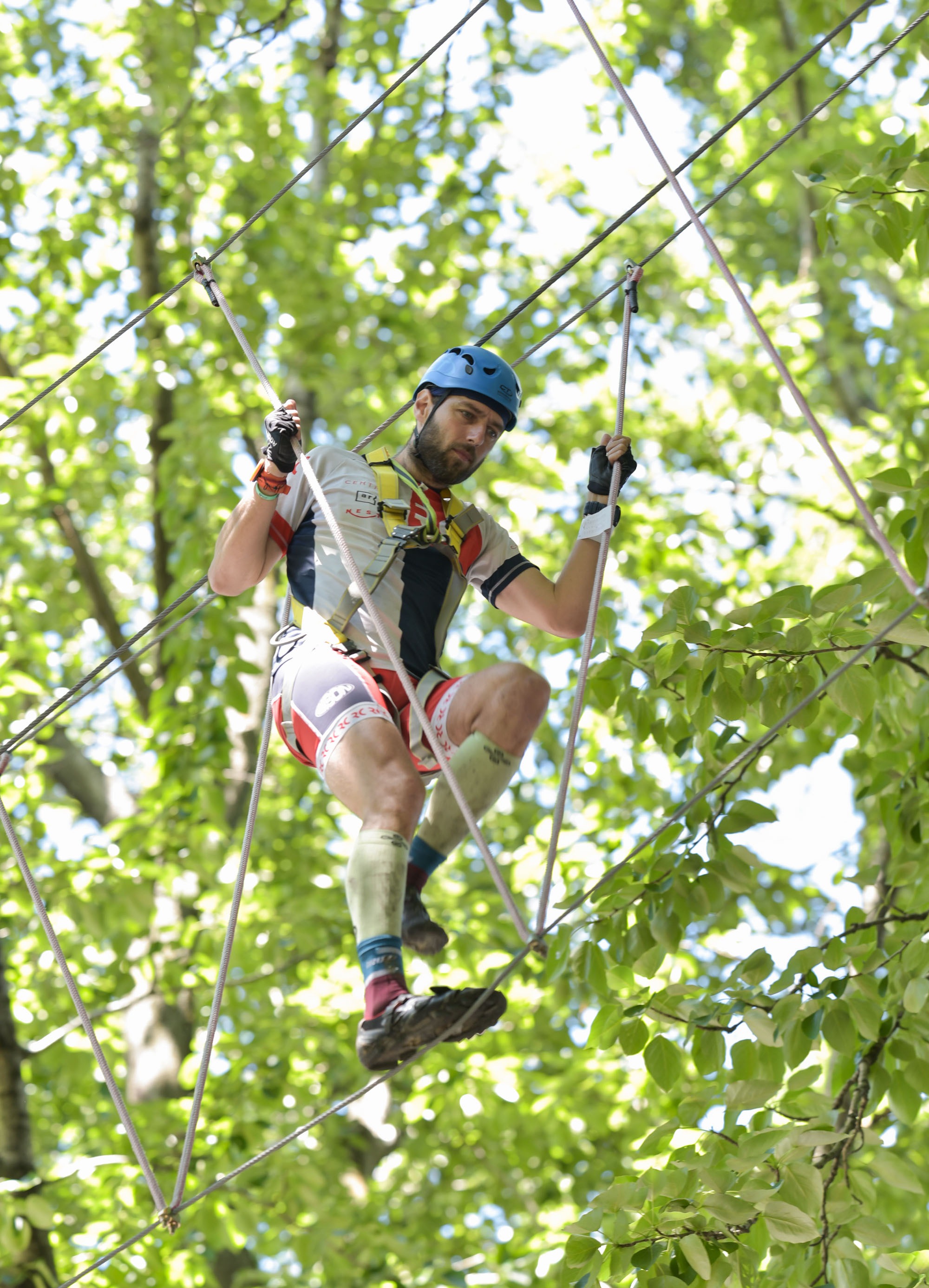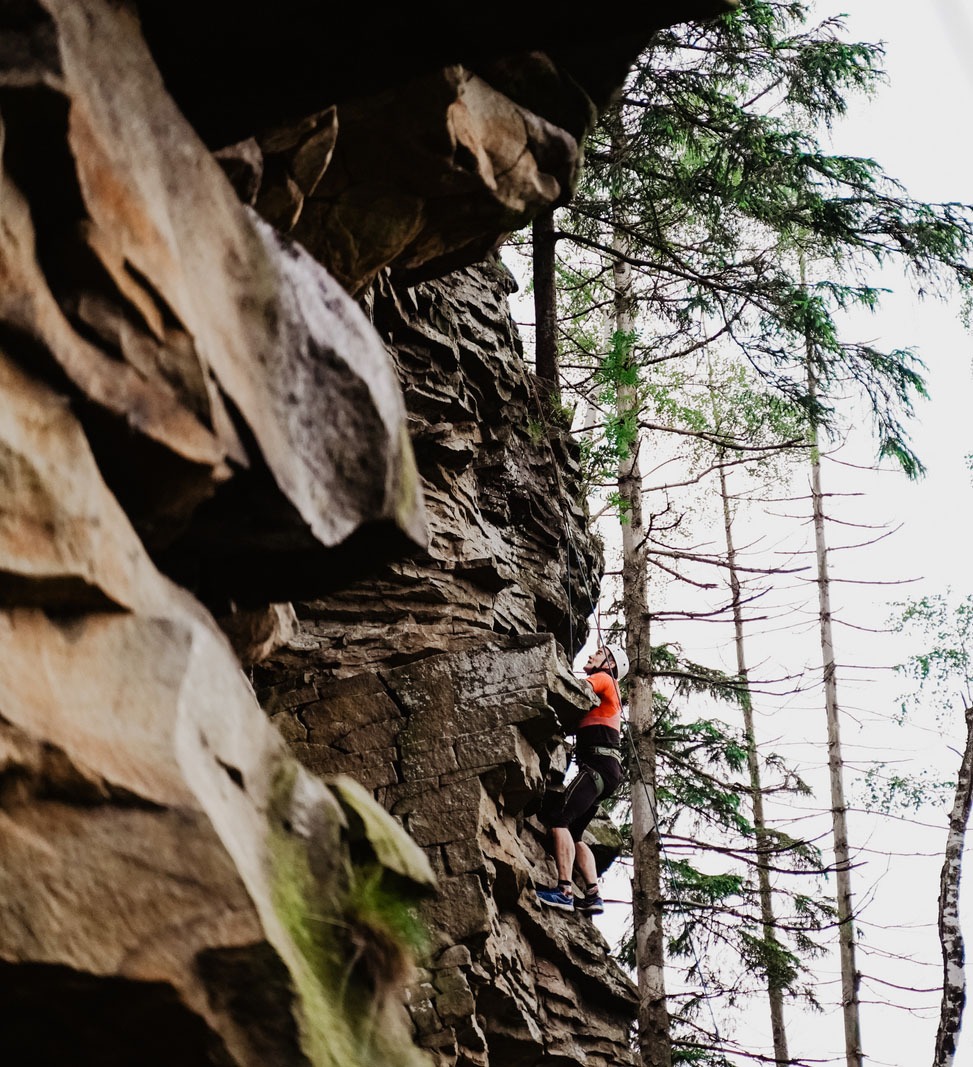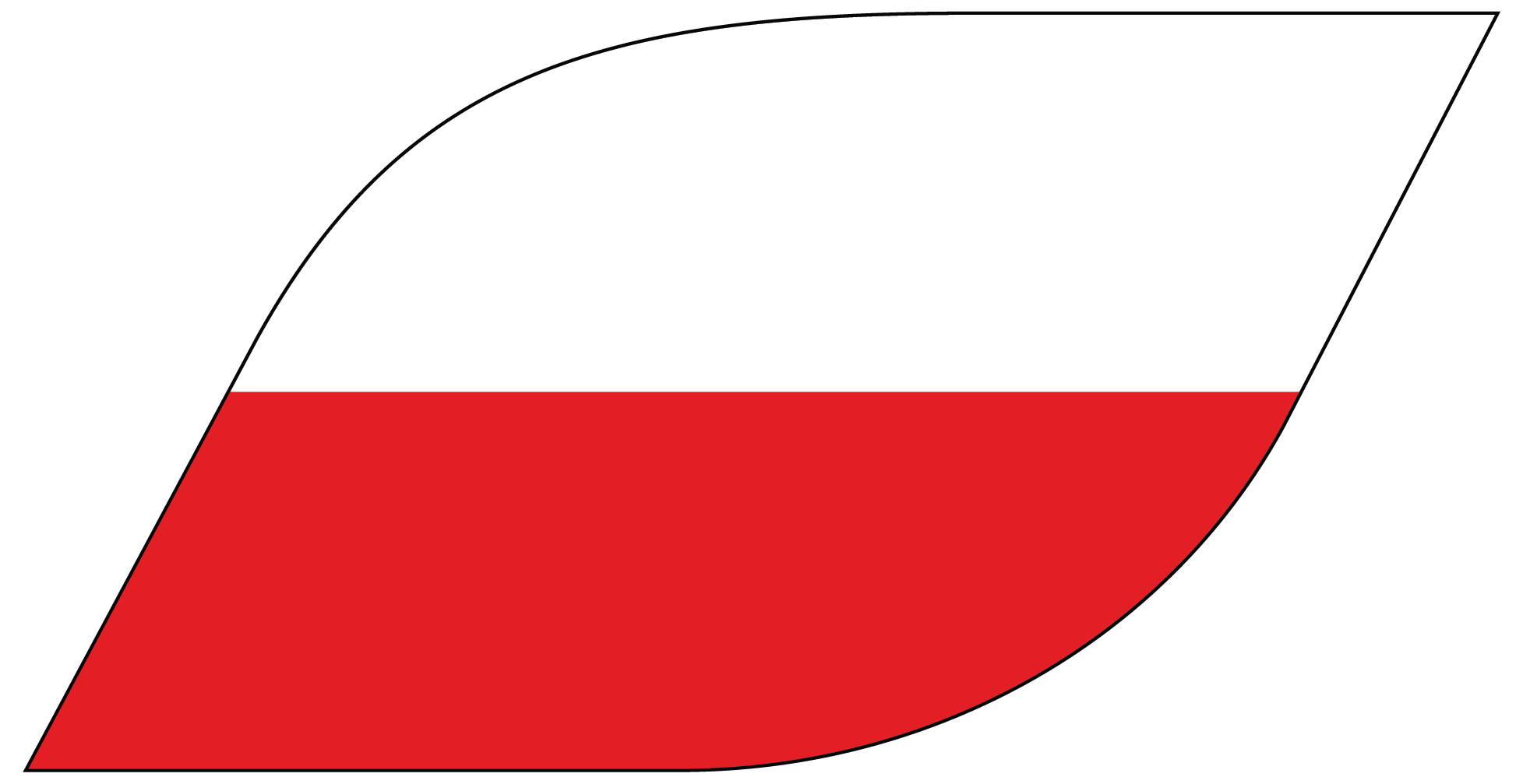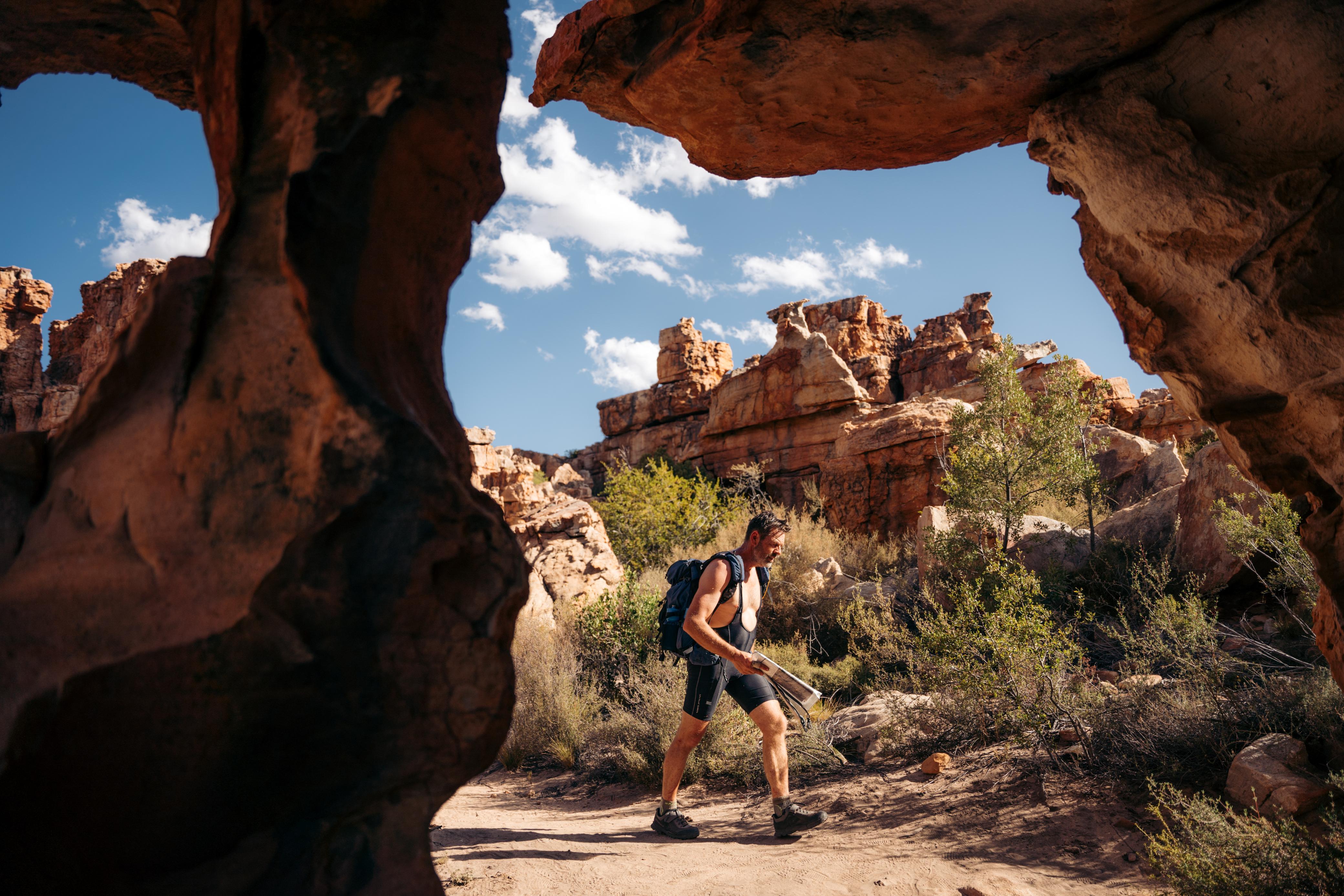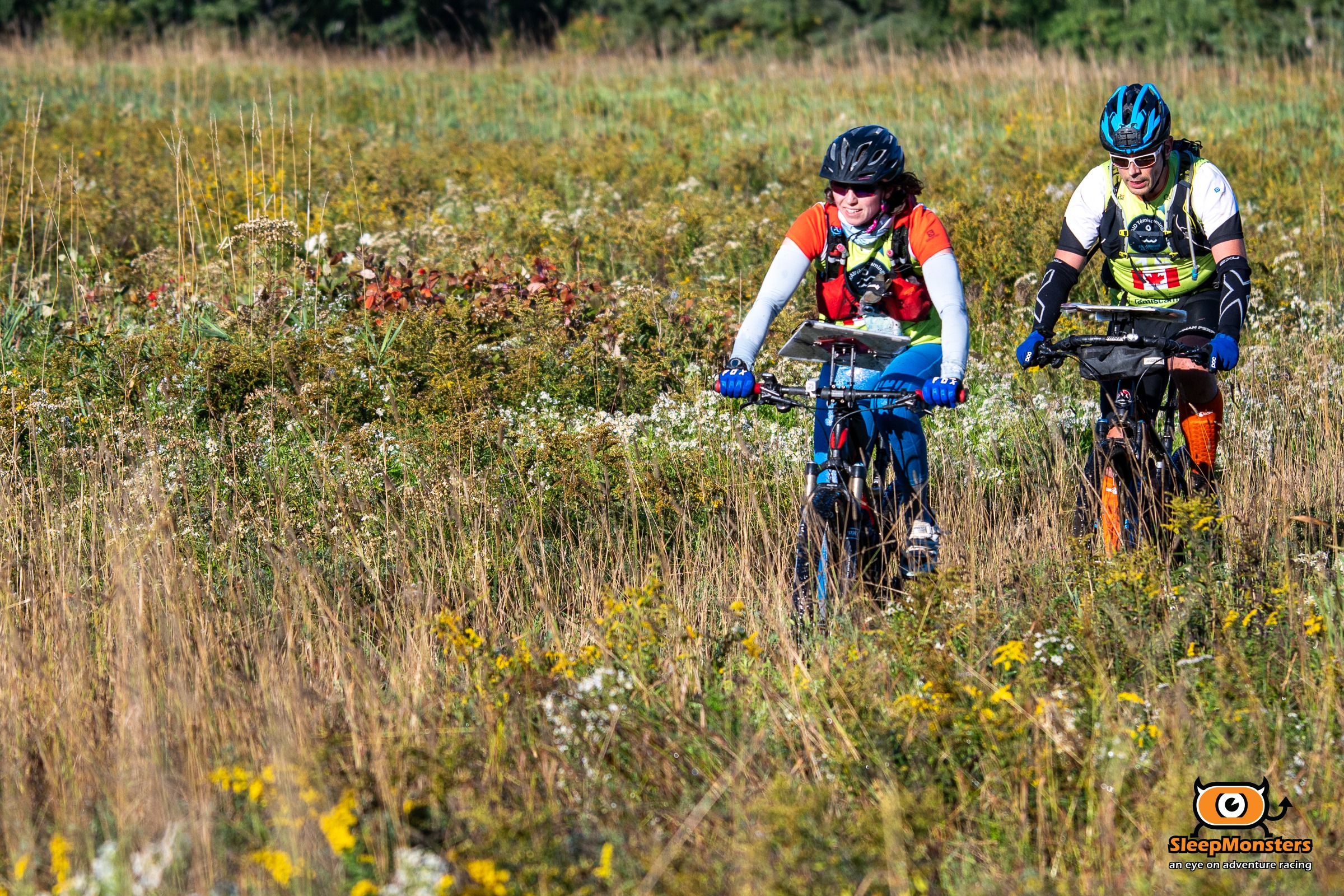After taking the lead in a dramatic final stage, Team Aaros of Denmark took the title at the Rajd Beskidy Expedition race in Poland and Slovakia.
After taking the lead in a dramatic final stage, Team Aaros of Denmark took the title at the Rajd Beskidy Expedition race in Poland and Slovakia. They surprised themselves with the win and a few days later were still coming to terms with their victory. “We still can’t quite believe what we did. We were not supposed to be on the top step of the podium. The plan was to do our own race, have a great experience, and enjoy the Polish nature. But apparently that was the recipe for success,” said Gustav Kircher.
This was the second ARWS race of the year from Rajd Beskidy, who also hosted a shorter European Series race in May, and the expedition length race is now a regular ARWS World Championship Qualifier. Teams who have done their research know what to expect from course planner Jerzy Lekki, who organises the race with his daughter Magda.
The race is set in the Beskidy Mountains of Poland and the low Tatra, and Jerzy is a mountaineer, so there will be lots of ascent on bike and especially on foot, as well as numerous rope challenges. This year the course included climbing, rappelling and a via ferrata route, as well numerous caves. In fact, there were so many cave checkpoints one team asked if Jerzy lived in caves while out scouting the course!
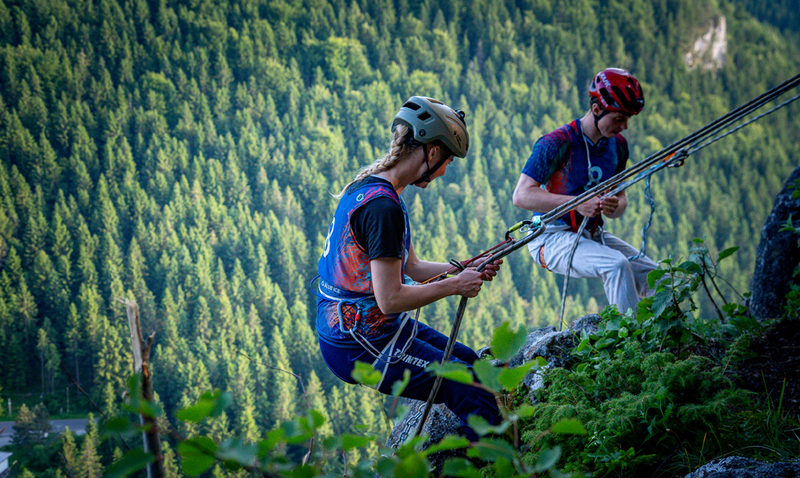
Rajd Beskidy has a reputation as a navigator’s race, using a greater variety of maps than any other race, including LIDAR and satellite, and this year teams also had to plot a couple of checkpoints using Azimuth data. This variety extends to the countries the race is held in, and for this year much of the course was in Slovakia. Previously it has also crossed the borders into Czechia.
This year’s course lived up to expectations and the promise to be ‘devilishly tough’. Teams enjoyed the stunning landscapes in areas they would never have discovered if not for taking part in the race, and the incredible hospitality and kindness of the local communities. Each stage of the race was completely different and they had to stay fully focused on navigation throughout, due to the variety of map types used.
The race took place over 5 days with a distance of 580km and 14,000 meters of climbing, starting and finishing the ECO Active Resort Pieniny near Czorsztyn Lake. The lake featured in the opening stage of swimming and kayaking, and was followed by a trekking stage including a LIDAR map and finding five checkpoints using distance and azimuth from other points, which teams managed well.
A mountain biking stage then led to the longest paddle of the race, covering 53km down the Orava River and in these early stages the pace was faster than expected, with Team GymCity AR leading the way.
For Team Aaros the cycle stage was nearly the end of their race. “We’re rolling slowly on a small trail when I suddenly hear a nasty sound from my rear wheel. A stick (we think) has jammed my derailleur, snapping it clean in two – no way to repair it. I’m already seeing myself dropping out after 10 hours of racing. But luckily Mads is a problem-solver,” said Gustav.
The team managed to convert the bike to a single speed to continue, and didn’t fall too far behind the leaders. They also found out there was a bike shop they would pass on the paddle, and managed to stop and buy a replacement derailleur and chain. Overcoming unexpected problems and lateral thinking are key skills in expedition racing! (Another team lost a shoe and bought new ones during the race.)
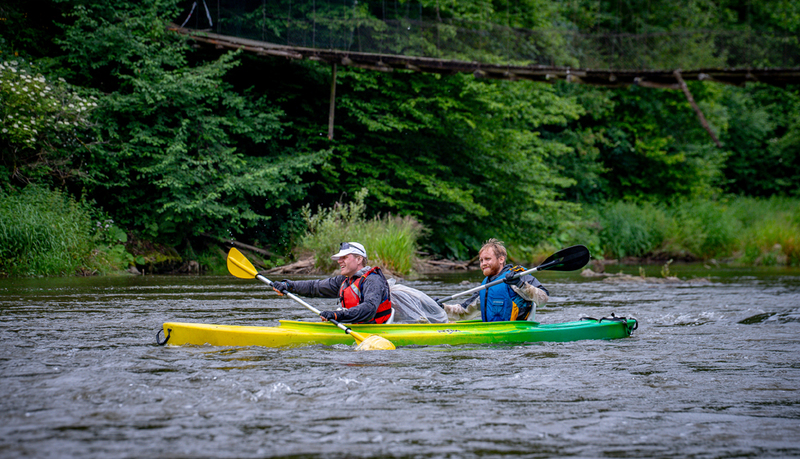
Given all the navigation challenges set during the race, it was paddling down the river which seemed to cause many teams the most problems! Some overshot the only checkpoint on the river bank and several missed the take out point, paddling on downstream and then having to find a way back. There were several capsizes too including one for Aaros. “Mads and I manage to capsize in some gnarly current,” said Gustav. “Luckily we hang on to our boat and our gear (plus Ditte and Anders catch some of our stuff further downstream).”
They emerged in 6th place and repaired the damaged bike, and from there onwards moved up through the field with a combination of consistent pace, strong navigation, and good teamwork. “We keep spirits high with talk – including dating stories (some funny ones in there, I can tell you) and general banter,” said Gustav. “This was actually one of our biggest strengths throughout the race – chatting and keeping the mood light and everyone awake. None of us had a sleep crisis at any point, and we think this is why.”
At Transition 5 the Danes arrive and see GymCity asleep. They sleep themselves and on the stage 6 trek through the Nizke Tatry National Park in Slovakia, they push hard, completing the trek two hours faster than the predicted fastest time and closing the gap to 18 minutes.
For the final mountain bike stage Team Aaros and Gymcity are racing for the win, and as is often the case the chasing team has the momentum.
“We’re all in full race mode. No unnecessary words, just pedal to the metal to catch Gymcity,” said Gustav.
“We can feel our legs paying the price from stage 6, but we know the finish is just one challenge leg away. After 4 hours, we spot a team in the distance – and we can hardly believe it.
“We overtake Gymcity shortly after – they look totally cooked and that’s when we know the win is ours. They don’t even try to follow our wheel, and before we know it, we’ve got a solid gap.
“The last 3.5 hours are kind of surreal – we know we’ve basically won, but our legs are toast and we still have to finish the stage. So it becomes a mental battle – just wanting to reach the finish line and sleep.
“We manage to keep Gymcity behind us by 15 minutes and roll into the finish as winners of an ARWS race!”
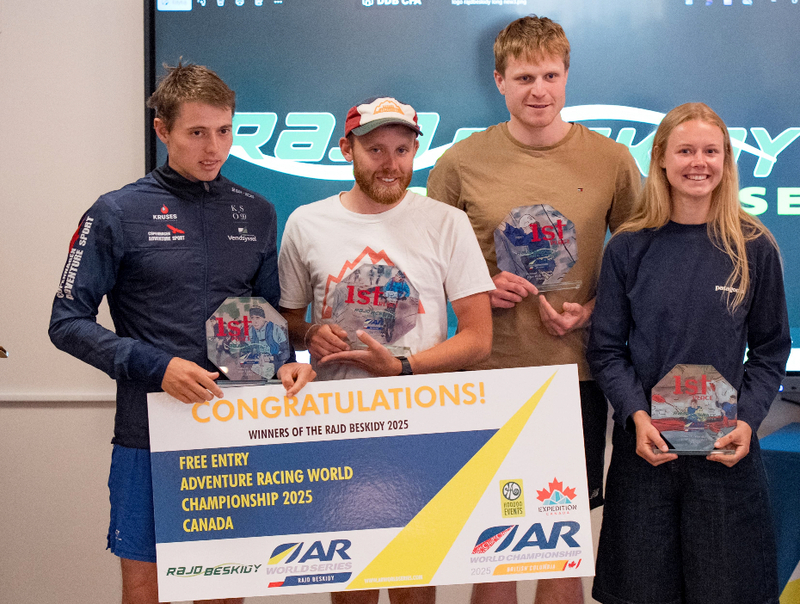
The winning time for Team Aaros is 80 hours and 12 minutes and the team comprised Anders Vang Bjerrum (28), Gustav Kircher (25), Ditte Brinkman (26) and Mads Troelsgard (30). It was Ditte’s first expedition race and Gustav’s second.
Gymcity AR (Poland/Ireland) took second place after leading for most of the race, and the podium was completed by Rachel’s Irish Adventures. In total 6 teams managed to complete the full course by collecting all 105 checkpoints and with all team members reaching the finish line.
Race winners Team Aaros summed up their race like this. “We kept a steady and sustainable pace all the way until stage 6, which gave us the energy for solid navigation and good vibes. Then, on the last two stages, we opened the throttle – and had plenty of energy left to push hard.
“We raced in a way that left us all with amazing memories, where everything just clicked – from sleep and energy to mood – and we never got mad or yelled at each other. If we’d come 10th, it would’ve still been just as awesome.
“Now we’re enjoying some rest and looking forward for the next adventure - The Adventure Racing World Championship in Canada this September!”
Rajd Beskidy will stage 3 races next year, starting with a 24 winter race in January, then a 34 hour ARWS Europe race in May in the Jurassic Highlands and the ARWS expedition length Qualifier from June 14th to 21st. This will be in a different mountain range in the Southwest of Poland.
For full results and details of all Rajd Beskidy races see https://rajdbeskidy.pl/


